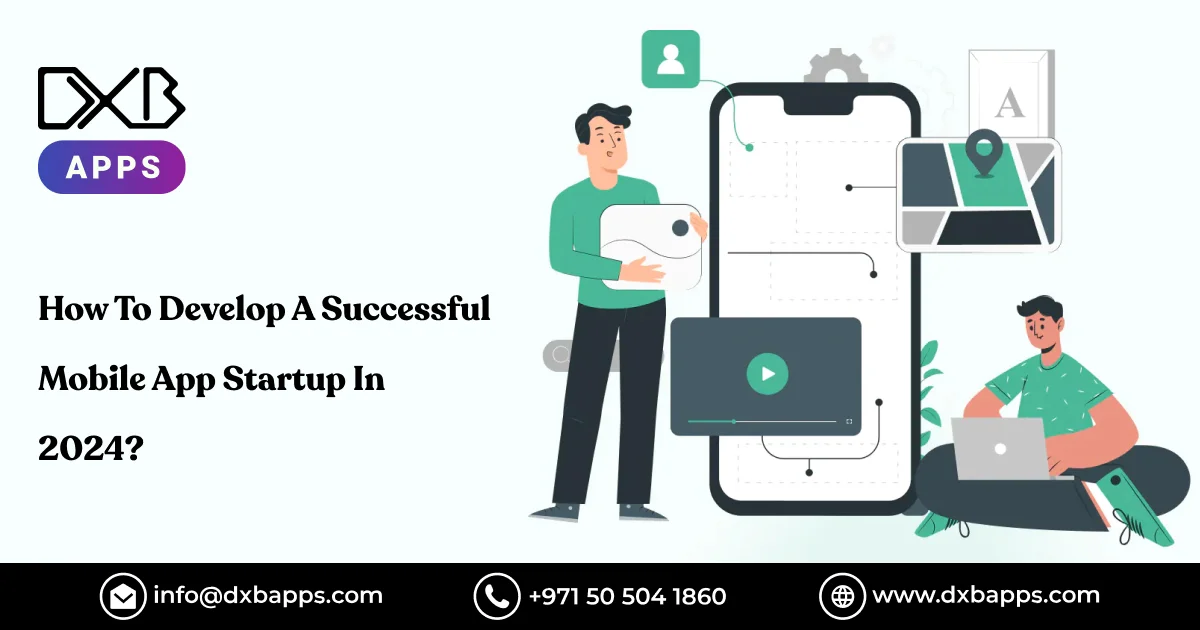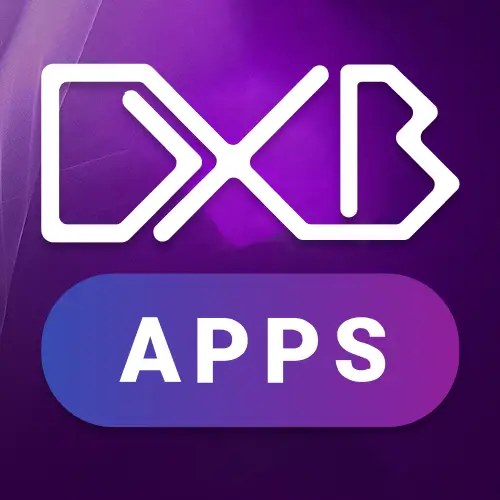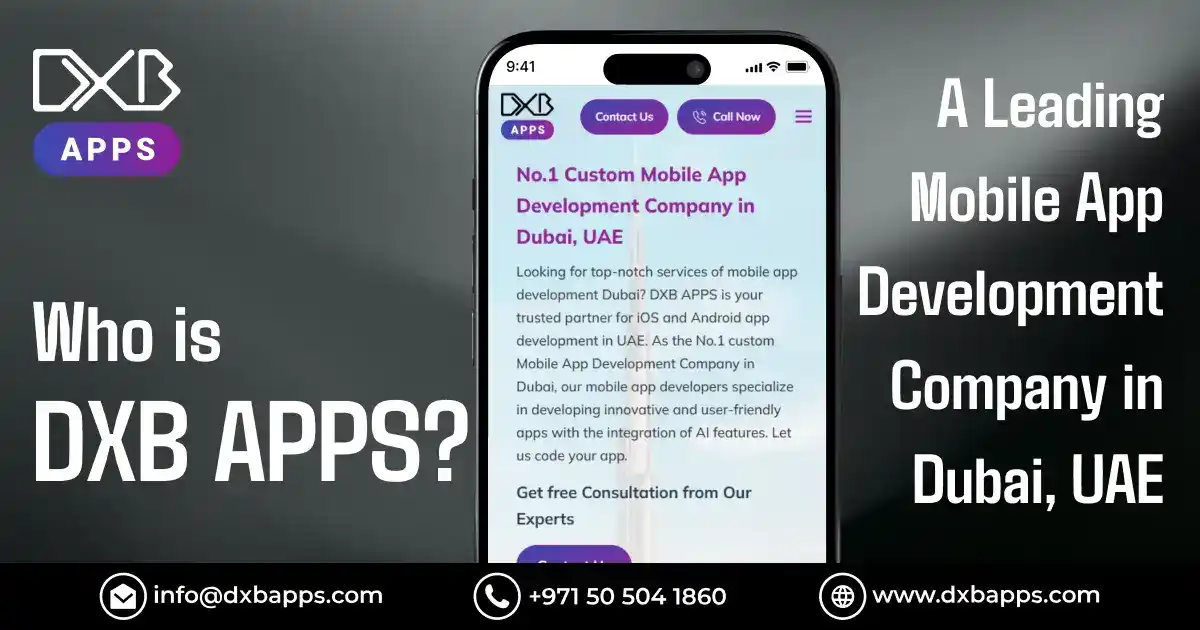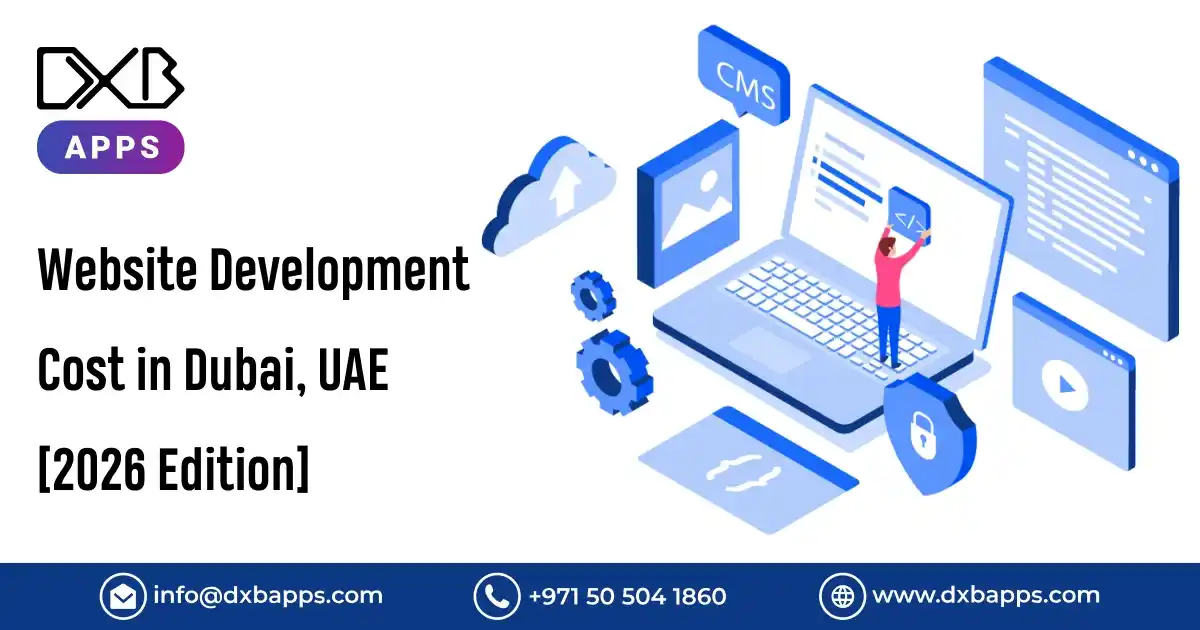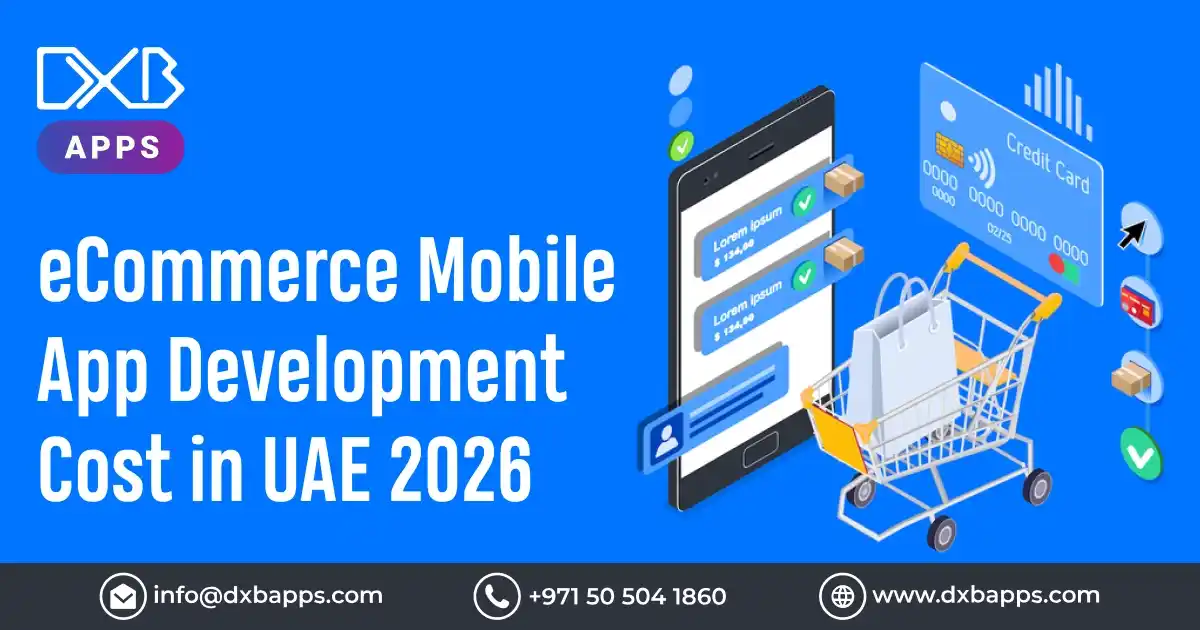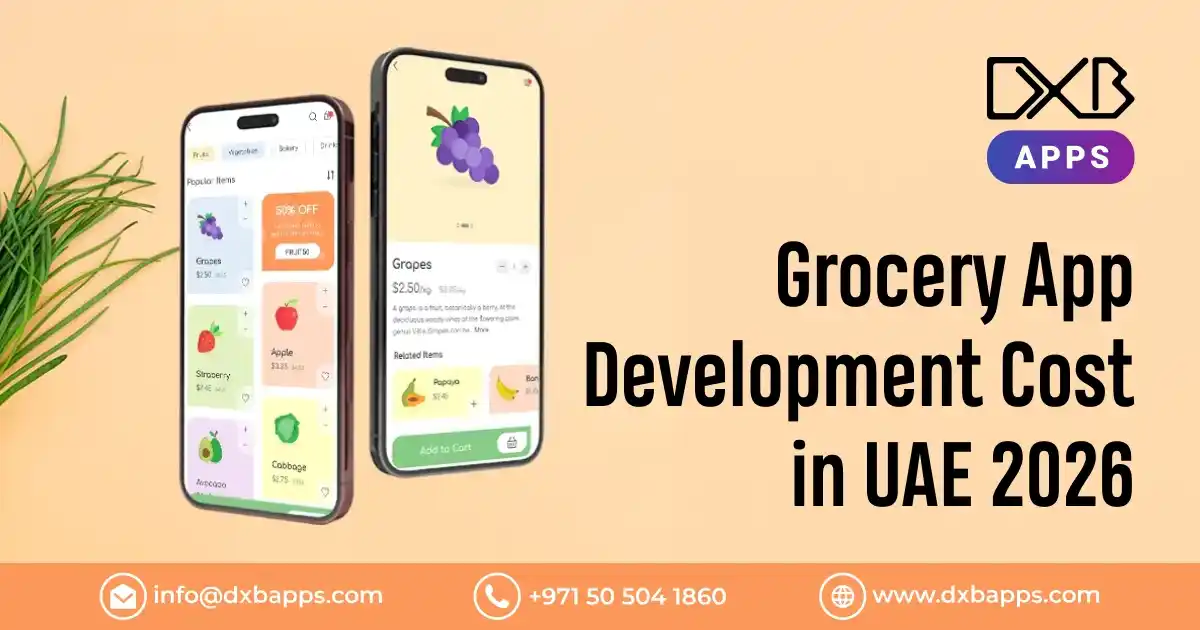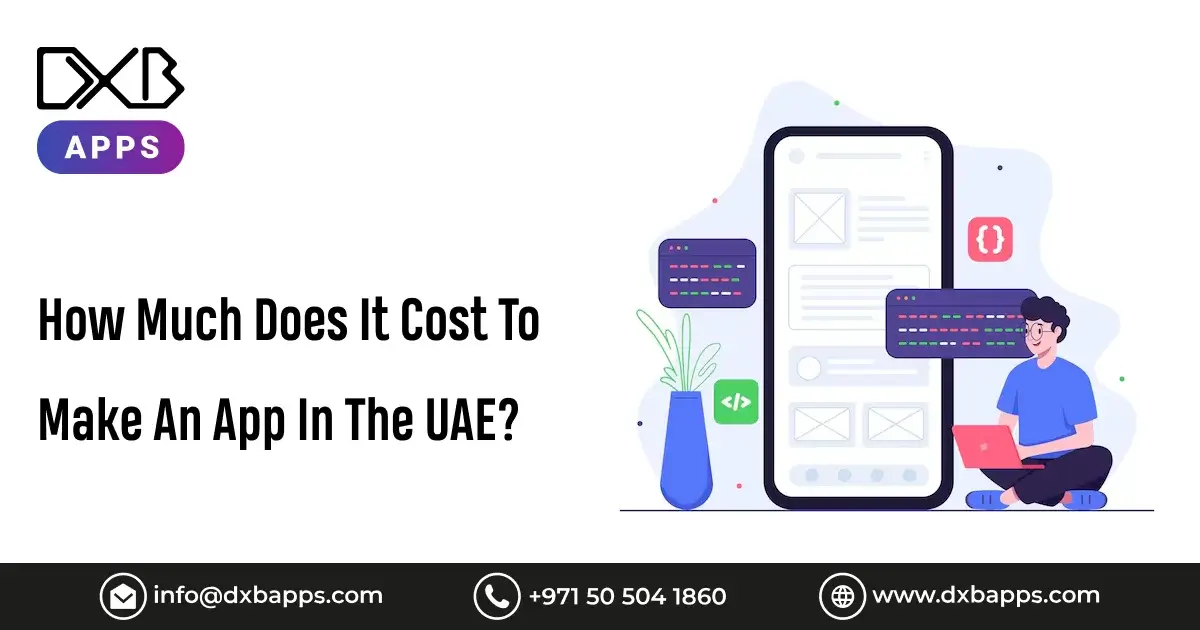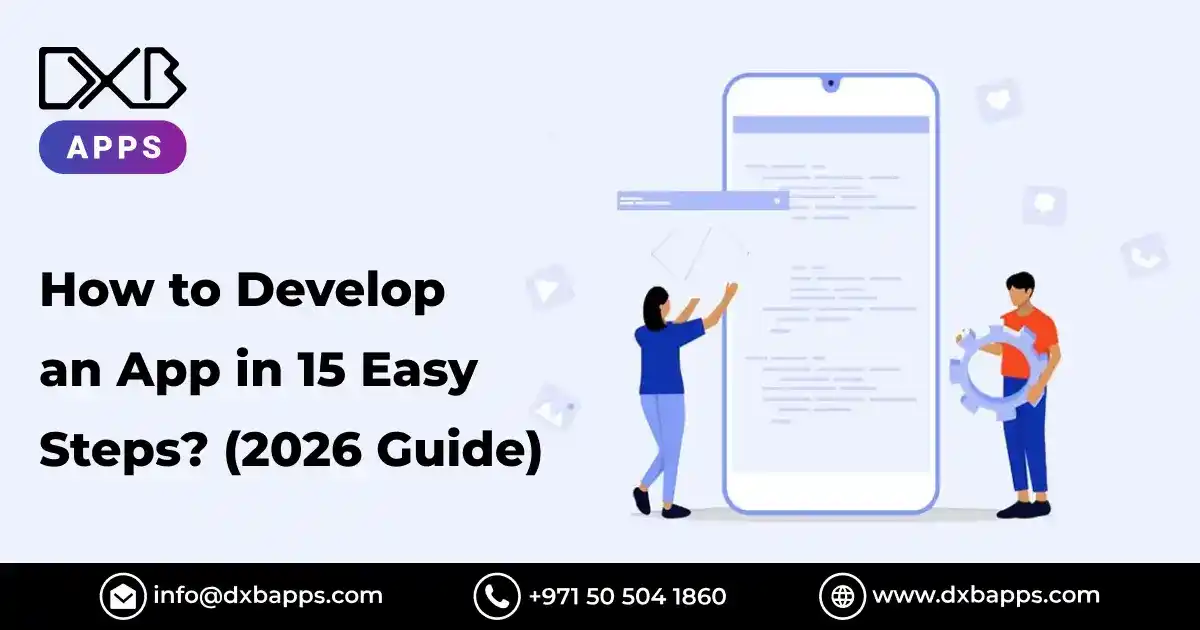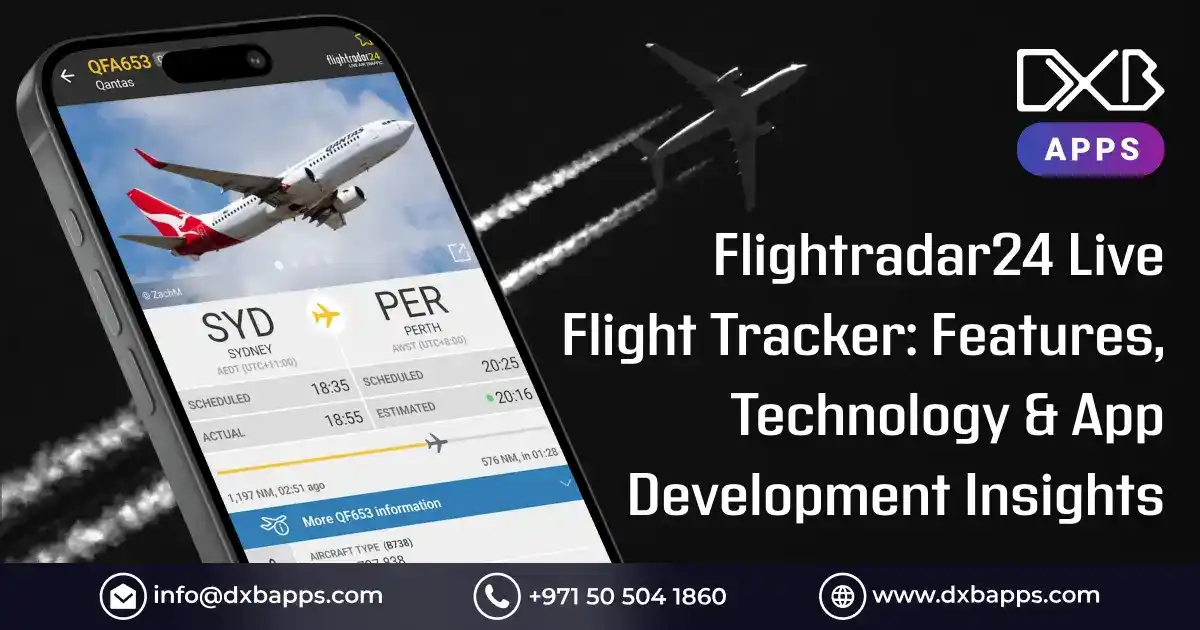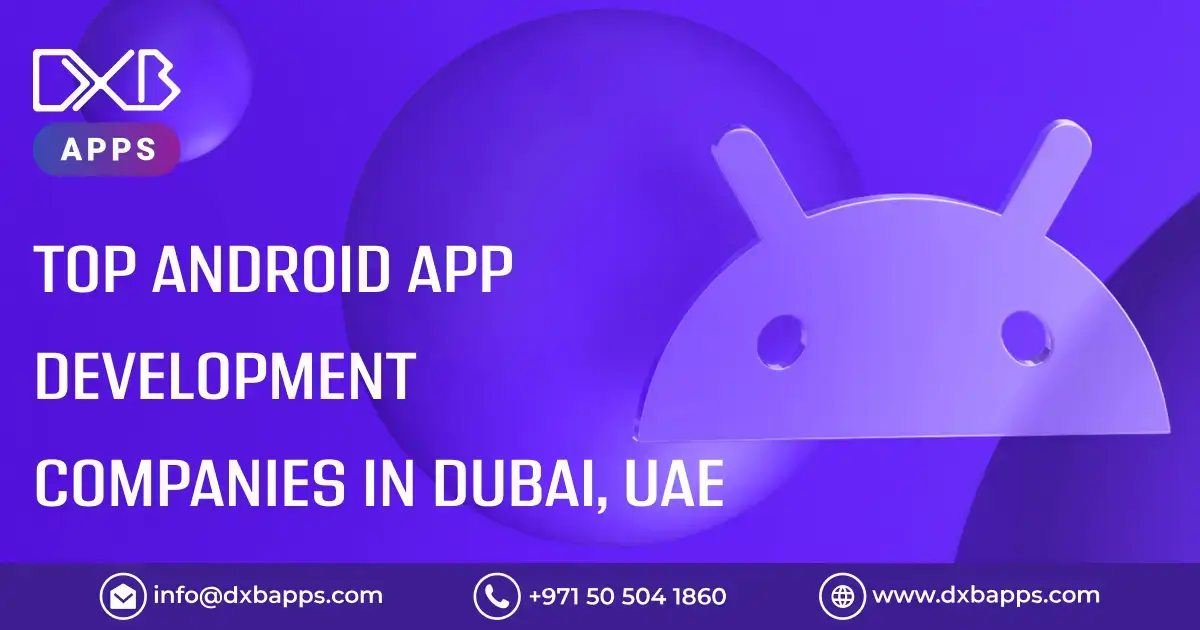The rise of mobile applications has changed how individuals communicate, access data, and conduct business. Since apps have become such an integral part of our everyday lives, there is an ongoing need for a top mobile app development dubai company. As 2024 approaches, a range of cutting-edge features and technologies are expected to shape the construction of cellular packages. This blog aims to serve as a comprehensive resource for mobile app advancement in the upcoming year, including topics such as monetization tactics, era traits, and in-demand talents.
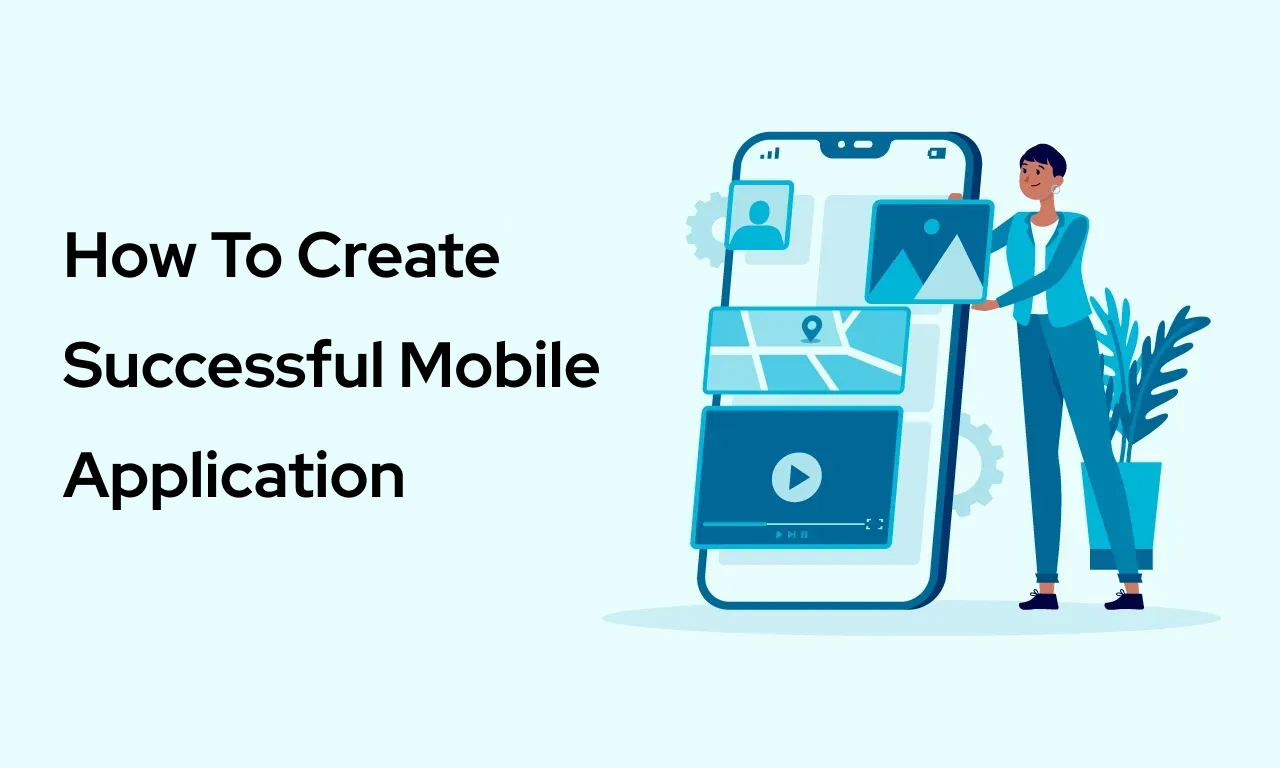
Insightful Overview Of Development Of Mobile Apps In 2024
Progressive web apps (PWAs) provide quick loading times, offline functionality, push notifications, and an app-like experience, combining the advantages of native and online apps. PWAs employ a website URL instead of app stores. Apps are beginning to incorporate conversational interfaces and chatbots for seamless, user-friendly interactions. Chatbots can answer frequently asked questions and do simple activities to help users right away.
- More apps are using beacon technology and geofencing features to initiate location-based notifications and activities. This improves user experiences, promotions, and personalization.
- More apps are utilizing augmented reality and artificial intelligence to create immersive experiences, automatically make suggestions, and optimize operations.
- More apps are utilizing augmented reality and artificial intelligence to create immersive experiences, automatically make suggestions, and optimize operations.
- With more apps implementing payment gateways and transaction functionality, mobile commerce and payments are experiencing a surge. Thanks to this, customers may now finish purchases within applications.
These advances have made app creation more difficult, necessitating a wide range of skills from an android app development in dubai business in chatbots, AI, AR, mobile experiences, commerce, and monetization.
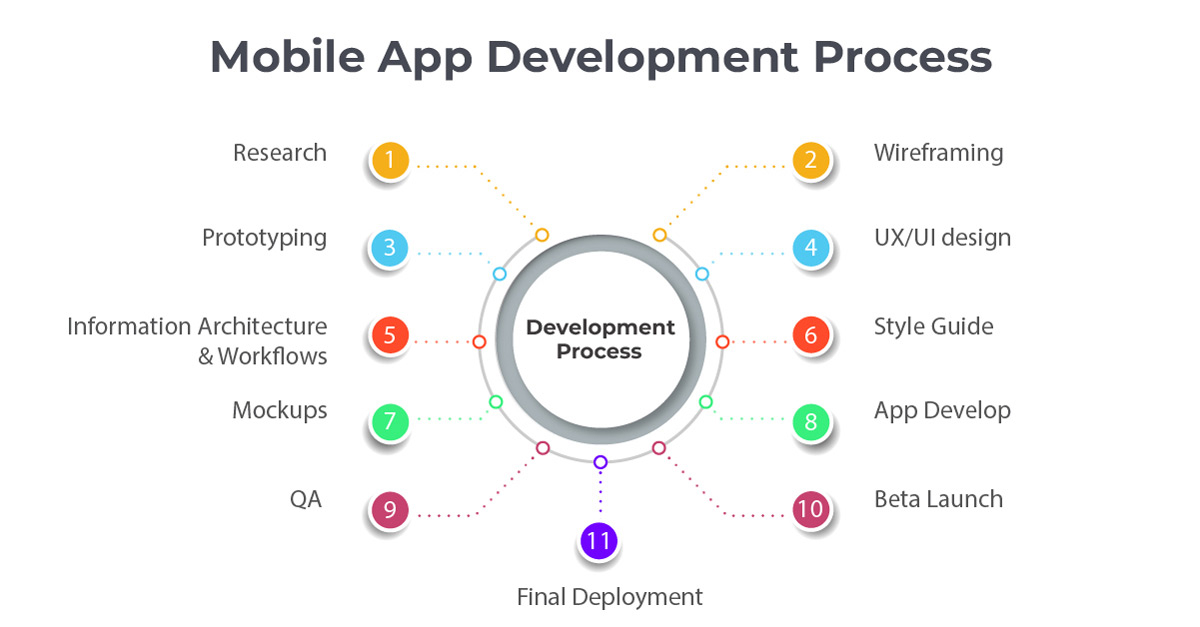
What Includes The High-End Mobile App Development Process?
The following crucial phases are usually included in the mobile app development services:
Planning:
Planning comprises establishing the app's features, target audience, and commercial enterprise goals. A feasibility study is conducted in order to determine the best improvement strategy, schedule, and costs.
Design:
To visualise how the app will appear and function, wireframes, logos, and icons are created. This includes the screen arrangement, navigation, and user interactions.
Development:
Using the appropriate programming language and SDKs, top app developers write the code for the functionalities of the application. The integration of backend products facilitates app functionality.
Testing:
The program is painstakingly examined for errors, stability, general performance, and user-friendliness. Both automated and also manual testing methods are used.
Deployment:
The application is released through app stores such as the App Store and Google Play. Sports promoted to draw attention are over.
Maintenance:
In response to customer feedback, post-launch tasks such as bug fixes, feature additions, and performance enhancements are regularly carried out. App updates are also provided regularly.
Stakeholders in the app's creation and success, including product managers, designers, testers, marketers, and mobile app development companies, collaborate at each level of the process.
Selecting The Best Platform For Developing Mobile Apps
Selecting the right platform for developing mobile apps is essential to the effectiveness and success of your product. The main things to keep in mind are:
Programming languages:
Java/Kotlin for Android and Swift/Objective C for iOS are popular choices. Compatibility, usability, and the availability of developer resources are important considerations.
Frameworks for cross-platform development:
These enable single-source development and multi-platform deployment. React Native, Flutter, Ionic, and Xamarin are available options. Think about functionality, speed, and the capacity to develop native-like applications.
Build vs. purchase:
While creating a custom app gives you more control, it is more expensive and time-consuming. There are quicker and cheaper ways to use premade solutions or no-code platforms.
Cloud services:
These offer backend consulting services for developing mobile applications and their functionalities. AWS, Microsoft Azure, and Google Cloud are among the options. Examine features, cost structures, and usability.
Top Mobile App Monetization Strategies You Must Know
A business mobile app development company needs to find efficient monetization tactics for its apps in order for them to be successful and sustainable. There are numerous popular strategies for making money with applications. Paid apps require a one-time download or a subscription in order for users to use all of the features. Paid apps typically have lower download rates, even if they might generate a steady source of revenue.
- After downloading unrestricted software, users can upgrade to premium features or content by making in-app purchases.
- This is a well-liked monetization strategy that combines optional revenue sources with a sizable install base.
- Advertising is still a common way to monetize apps, especially free ones. Advertisements are placed within an app's user interface to generate revenue based on the number of impressions or clicks. However, an overabundance of advertisements may ruin the user experience.
- Sponsorships, affiliate marketing, and advertising involve providing product links within an app or brand promotions in exchange for a fee.
- This is beneficial for apps that have highly active, interest-based users.
- Data and API monetization offers access to the application's programming interface or sells anonymized data collected from within apps in exchange for a fee.
- However, getting permission and protecting someone's privacy is crucial.
- When it comes to mobile app monetization, indeed there are trade-offs between revenue potential, user experience, and complexity. A combination of tactics is usually beneficial. The app's audience and purpose must be supported by the monetization model, which also needs to fulfill the business aspirations of the leading mobile app development businesses. The long-term simplicity of a process can be determined by collecting and evaluating consumer feedback and testing novel alternatives.
Trust In DXB APPS For Leading Web Development Services
With state-of-the-art technology and creative solutions, DXB Apps, a website development company in Dubai, enables companies to build solid online platforms that improve user experience and stimulate interaction.
Conclusion
Several important factors must be considered while developing a successful mobile application. These include indeed choosing the right platform and technology stack while also paying attention to UX, security, testing, and performance. Mobile app optimization can benefit from the informative data provided by analyzing key metrics. Emerging patterns have the power to completely change how mobile apps are made and used. A carefully thought-out development strategy could result in an entertaining app that thrills consumers and achieves business goals.
FAQs
Is there a market for app development in 2024?
Due to several variables, app development is expected to be in high demand well into 2024 and beyond. Global smartphone adoption is still rising, which means more people can use mobile apps. Apps are becoming increasingly important for consumers and businesses to complete activities, access data, and manage operations. The growth of wearable technology and also the Internet of Things is driving demand for related apps.
In 2024, what role will app development play?
In 2024, the field of app development appears to have a bright future with many prospects. The industry is expected to be shaped and changed by several trends in the upcoming year.
How much will it cost to develop a business mobile app in 2024?
The development cost of a mobile app will vary greatly based on indeed several factors, including the app's complexity, planned features, compatibility needs, and the team's level of experience. Still, some approximations can be given.
- The development of a simple app with few features and easy-to-use functionalities could run you anywhere from $25,000 to $50,000.
- A mid-range software with a number of features, such as location tracking, push notifications, and device compatibility, may run anywhere from $100,000 to $150,000.
- Over $200,000 could be spent on a highly complex program with over 15 planned features and strict security, compatibility, or performance requirements.

